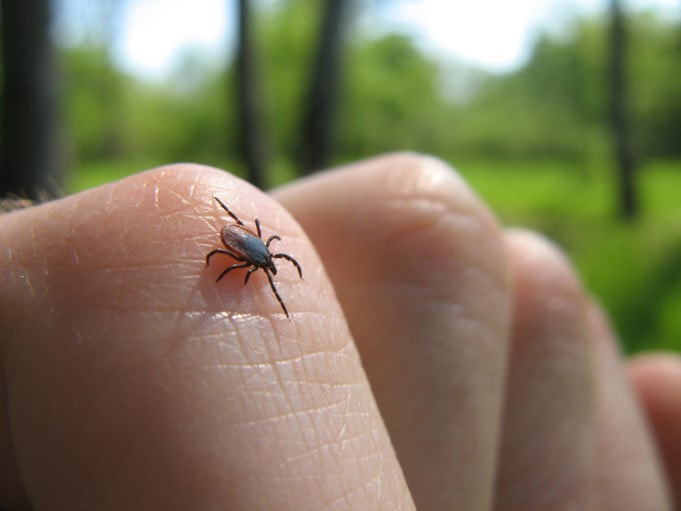

Western Connecticut State University needs the public’s help for Project ITCH, a tick-focused research study now taking place in New England. There is no scratching involved, just participation in an online survey.
The university is a research partner in the federally designated New England Center of Excellence in Vector-Borne Disease. This spring the Center launched a study known as Project ITCH (Is Tick Control Helping) to find the best ways residents can protect themselves, their families and pets from tick-borne diseases.
The Project ITCH online survey asks New England residents about how they try to prevent tick exposure and tick bites. Participants can also sign up to potentially be part of a free tick and mosquito evaluation of their property next year. To complete the 10-minute survey and request to participate in the on-site evaluation, go to www.newvec.org/itch.
Project ITCH is one of the first region-wide research projects of the Center of Excellence, which launched in 2022 with a $10 million, five-year grant from the Centers for Disease Control and Prevention (CDC). But this is not a new field of study for Western Connecticut State University, which, through its Tickborne Disease Prevention Laboratory (Tick Lab), has studied since 2011 how tick-borne diseases can be prevented peridomestically (in one’s own backyard ) by manipulating the landscape, interfering with tick life cycle and/or by changing patterns of human behavior. The Tick Lab conducts research focused on the prevention of Lyme disease and other infectious diseases spread by blacklegged ticks in the northeastern United States.
Project ITCH is led by scientists at the University of Massachusetts Amherst, and research partners besides WCSU include the University of Rhode Island, University of New Hampshire, University of Maine and Northern Vermont University. For more information, contact Dr. Neeta Connally at connallyn@wcsu.edu or WCSU Public Relations at pr@wcsu.edu.